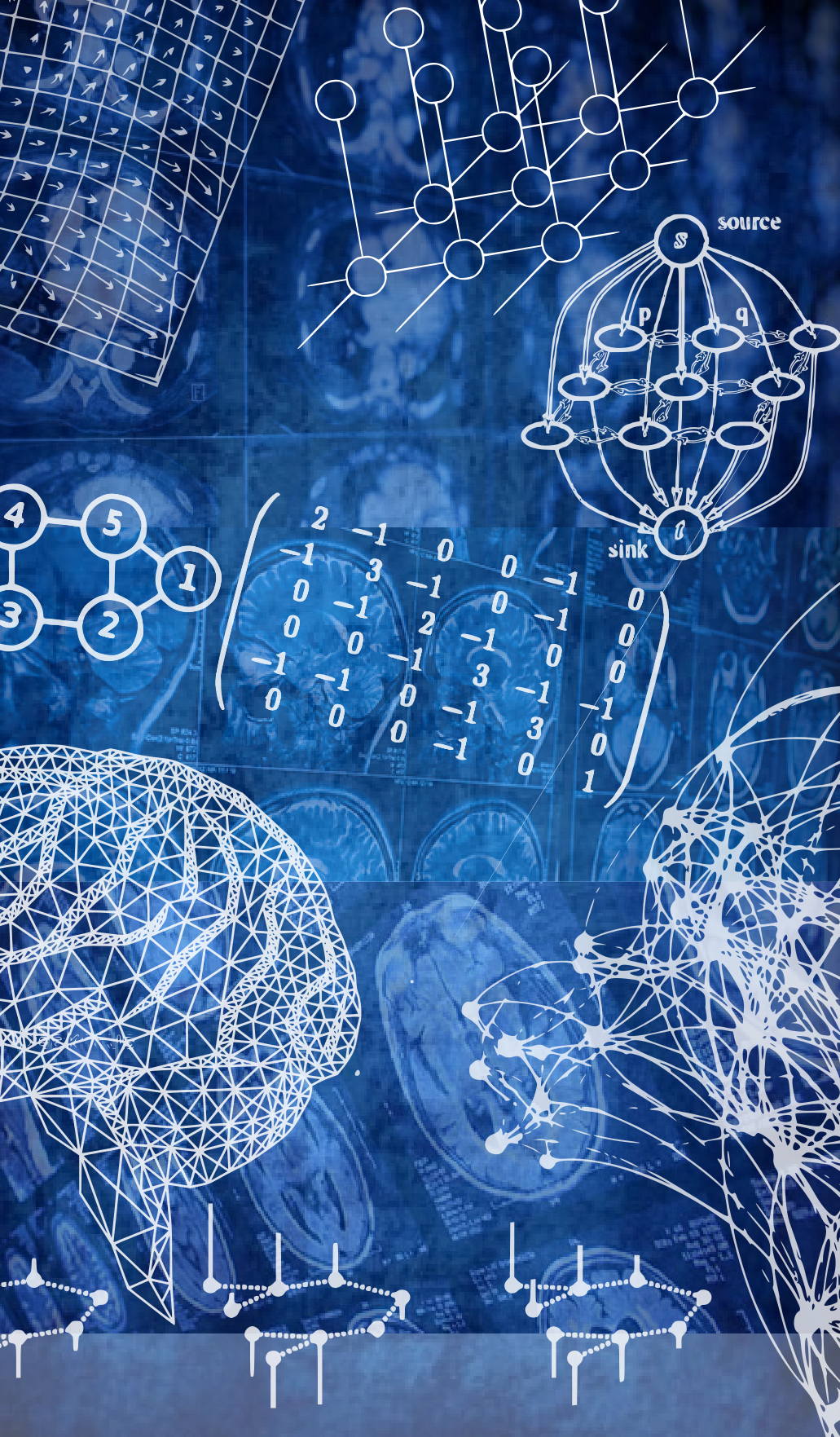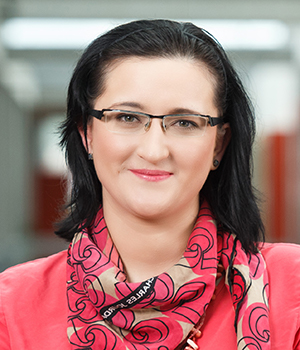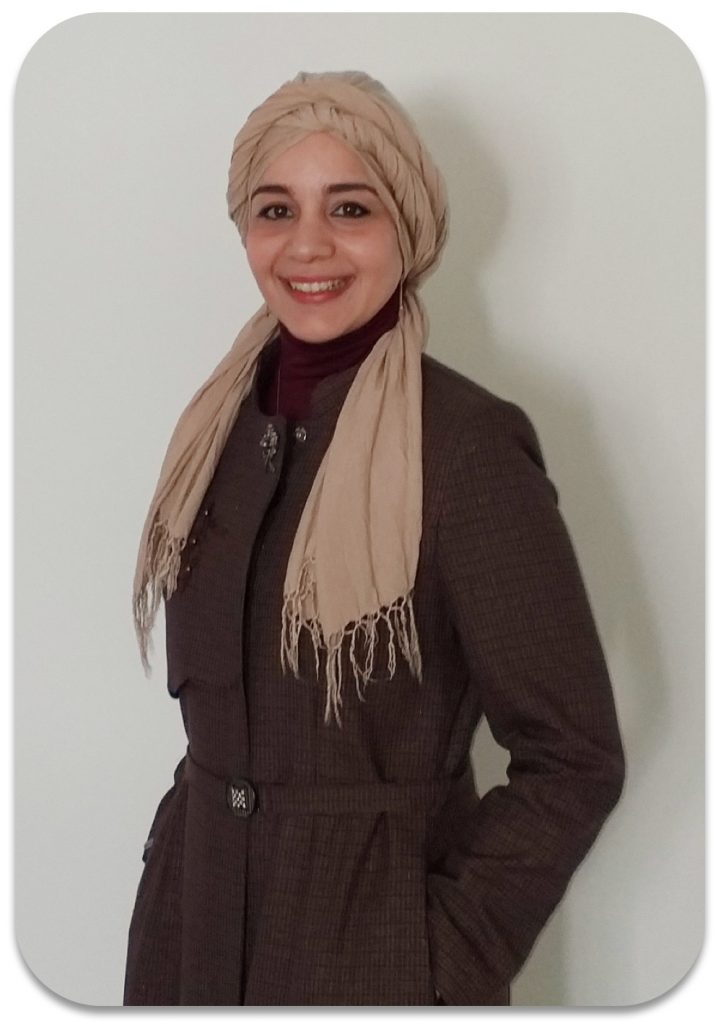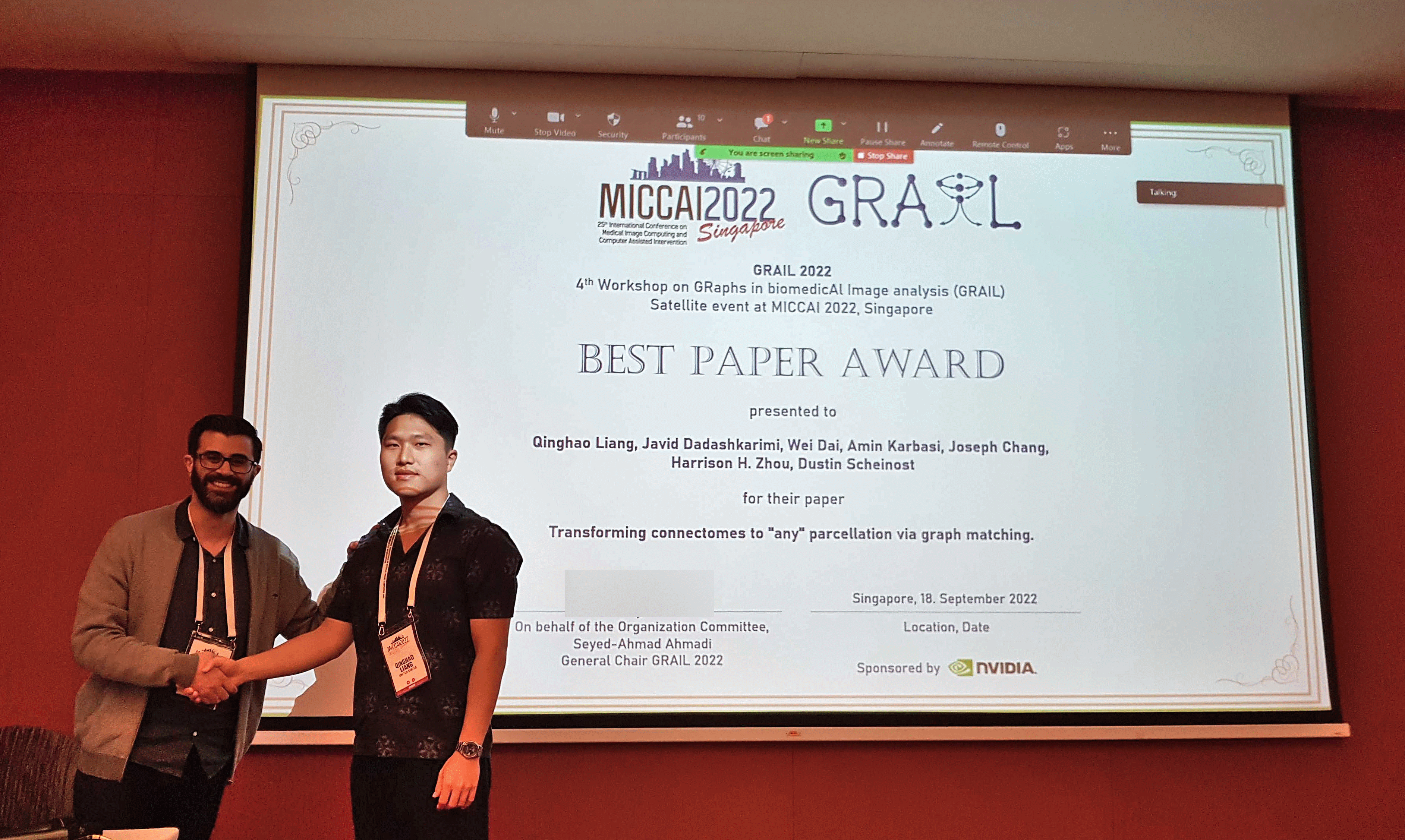
GRAIL 2022 is the fourth international workshop on GRaphs in biomedicAl Image anaLysis,
organised as a satellite event of MICCAI 2022 in Singapore.
Graphs are powerful mathematical structures that provide a flexible and scalable framework to
model objects and their interactions in a
readily interpretable fashion. As a result, an important body of work has been developed around
different methodological aspects of graphs including, but not limited to, graphical models,
graph-theoretical algorithms, spectral graph analysis, graph dimensionality reduction, and
graph-based network analysis.
Critically, since 2017, the field has experienced a steep increase in research due to the
nascency of geometric deep learning,
which married principles of graph signal processing with the latest advancements in deep neural
networks. Applications of GNNs in
medicine are numerous, ranging from medical imaging and shape understanding, brain connectomics,
population models and patient multi-omics
to discovery and design of novel drugs and therapeutics. In the leading computer vision and ML
conferences (CVPR, ICLR, NeurIPS), GNNs have been
among the hottest topics in 2021 and will likely increase in interest in 2022. With this
workshop, we aim to provide a platform for understanding
and application of graph-based models as versatile and powerful tools in biomedical image
analysis and beyond. Our goal is to bring together scientists
that use and develop graph-based models, and encourage the application of these models to
difficult clinical problems within a variety of biomedical data
contexts. Compared to our previous GRAIL installments, we specifically encourage submissions in
the areas of explainable GNNs, graph models in computer-aided
surgery/intervention, unstructured medical big data, and semantic knowledge (scene/knowledge
graphs).
In more detail, the scope of methodology topics includes but is not limited to:
- Deep/machine learning on graphs with regular and irregular structures
- Probabilistic graphical models for biomedical data analysis
- Signal processing on graphs for biomedical image analysis, including non-learning based
approaches
- Explainable AI (XAI) methods in geometric deep learning
- Big data analysis with graphs
- Semantic graph research in medicine: Scene graphs and knowledge graphs
- Modeling and applications of graph symmetry and equivariance
- Graph generative models
- Combination of graphs with other SOTA domains (e.g. self-supervised learning, federated
learning)
Applications covered include but are not limited to:
Image segmentation, registration, classification
Graph representations in pathology imaging and whole-slide image analysis
Graph-based approaches in intra-operative surgical support
Graph-based shape modeling and dimensionality reduction
Graphs for large scale patient population analyses
Combining multimodal/multi-omics data through graph structures
Graph analysis of brain networks and connectomics








